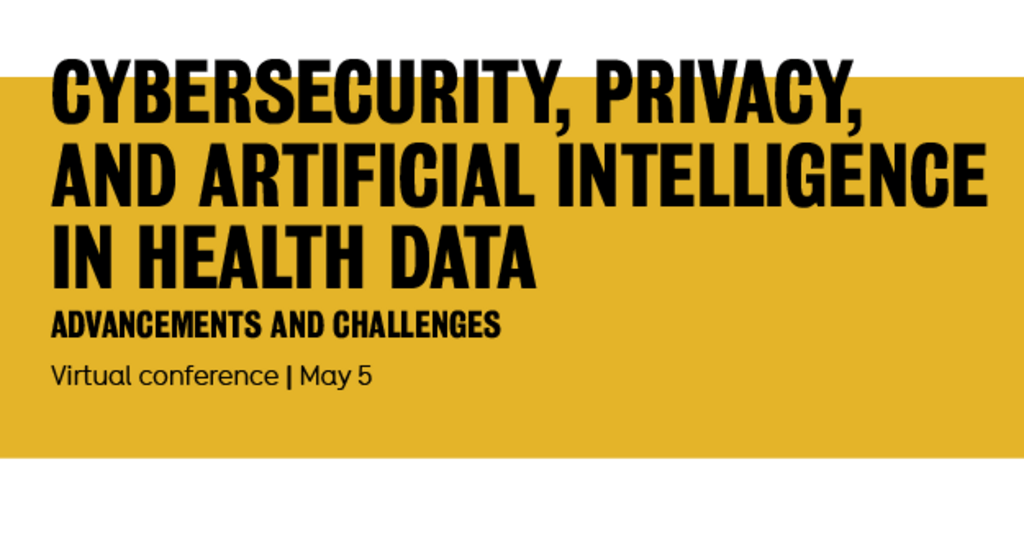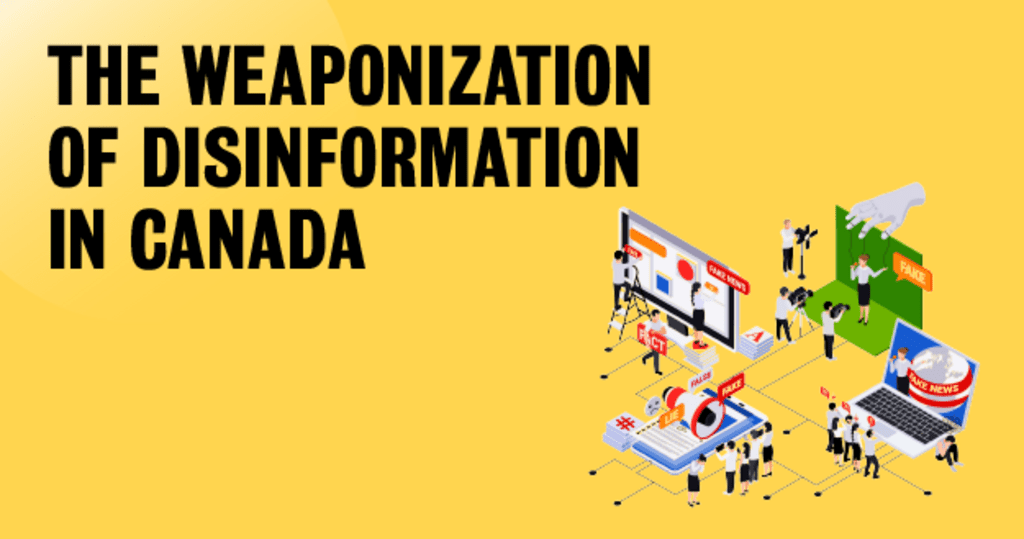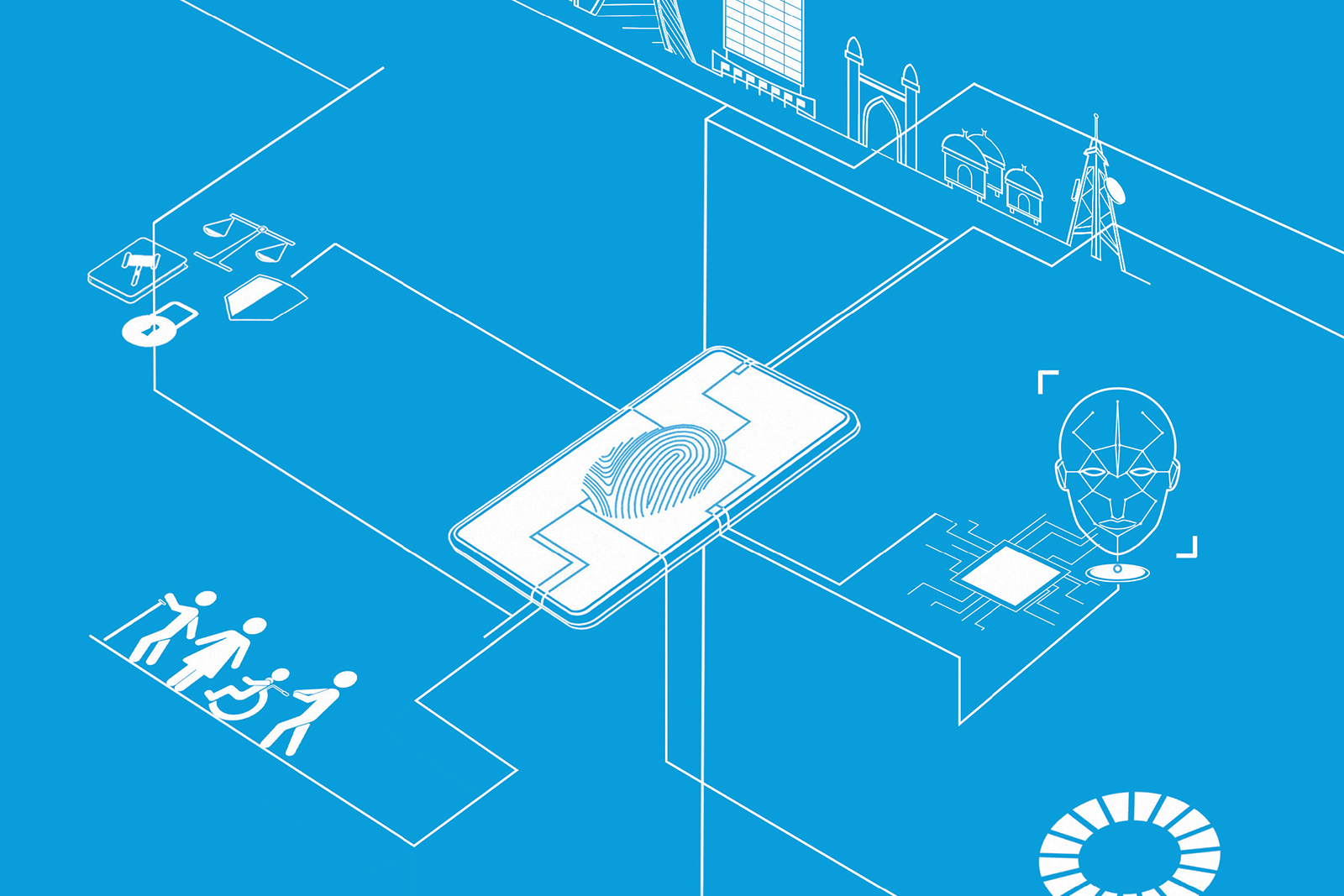Digital disinformation presents a mounting threat to, and challenge for, liberal democracies. Global events like Brexit, electoral interference, Russia’s invasion of Ukraine, and the ongoing COVID-19 pandemic, have made the abstract threat of digital disinformation into a distinct reality. The shifting global balance of power, characterized by growing multipolarity, is unfolding alongside the expansion of tools, strategies, and spaces for adversarial states and non-state actors to expand their influence, disrupt multilateral diplomacy, threaten liberal democratic norms and values, and de-legitimize a rules-based global order.
This interdisciplinary workshop will help to bring together awareness among the academic community, industry, civil society, and government, outlining and assessing the evolving threat of digital disinformation while also providing direction and guidance on how to protect liberal democracies like Canada from weaponized digital disinformation.




